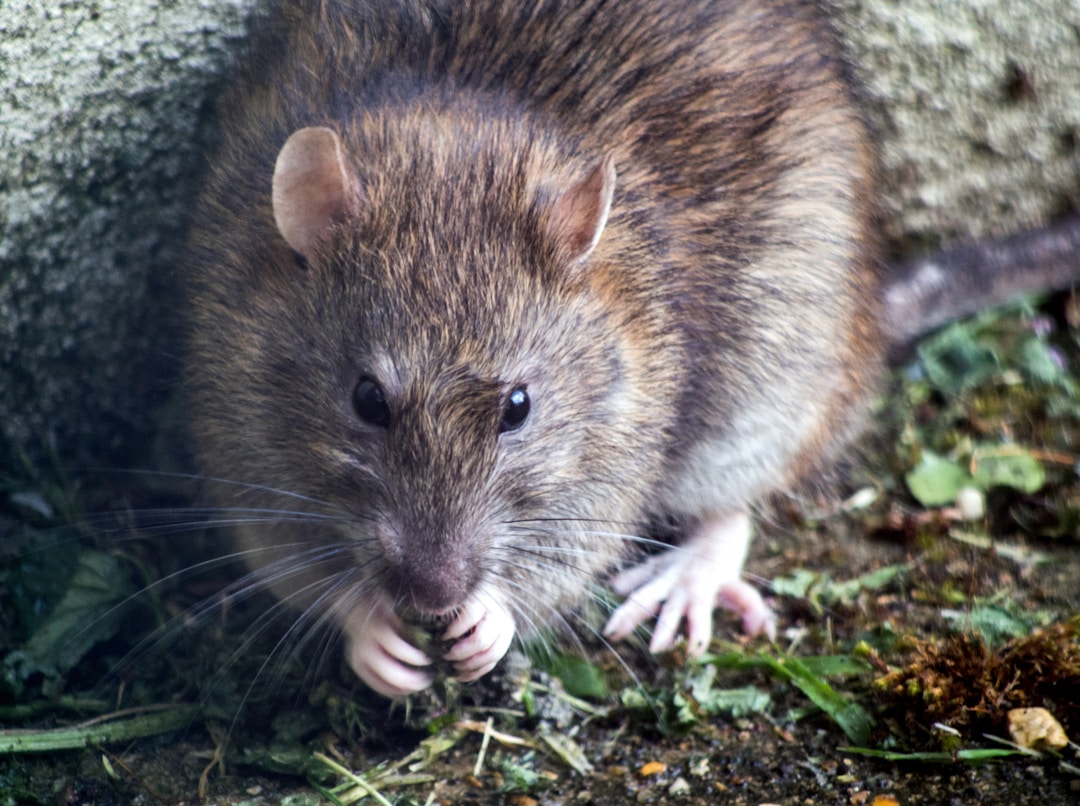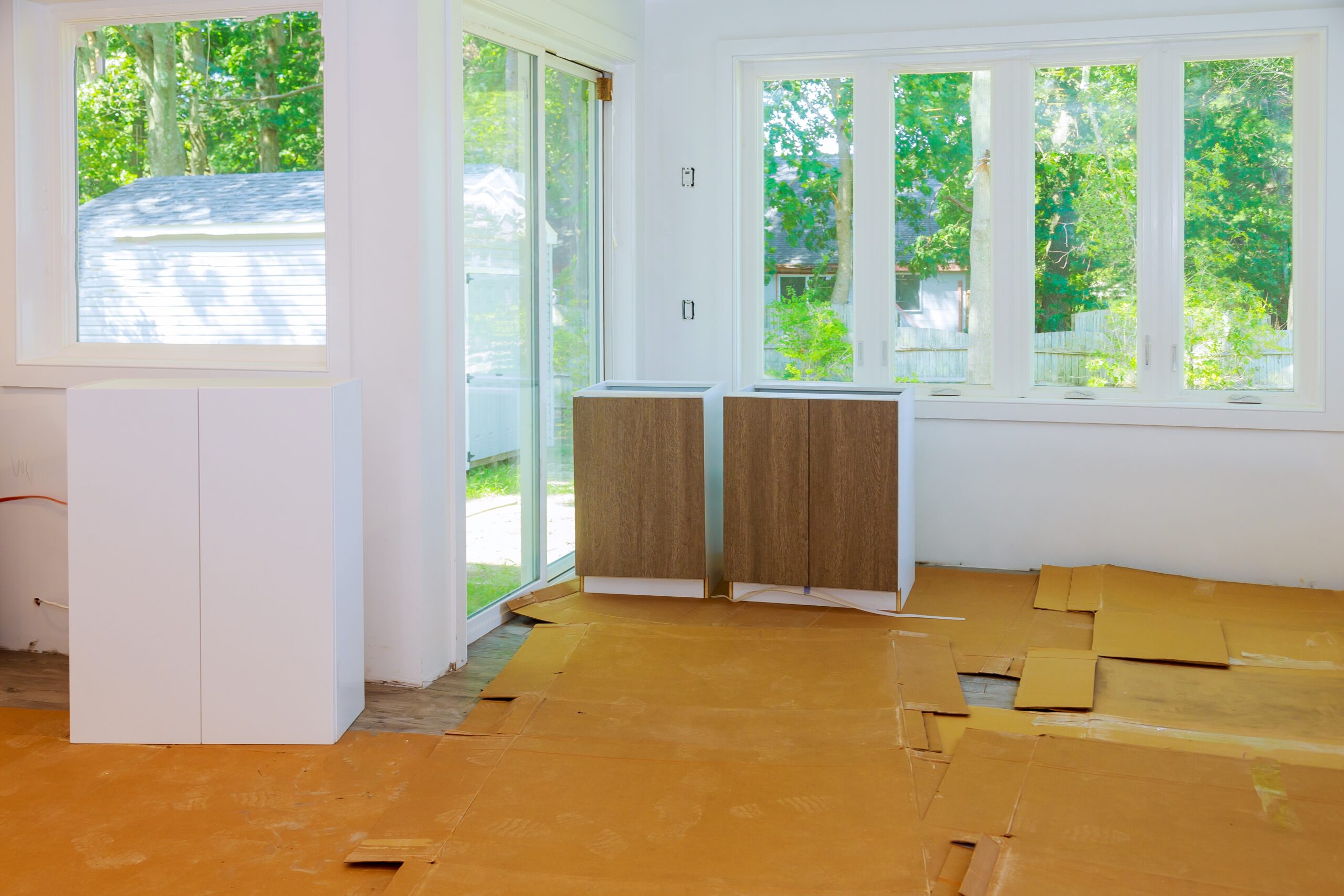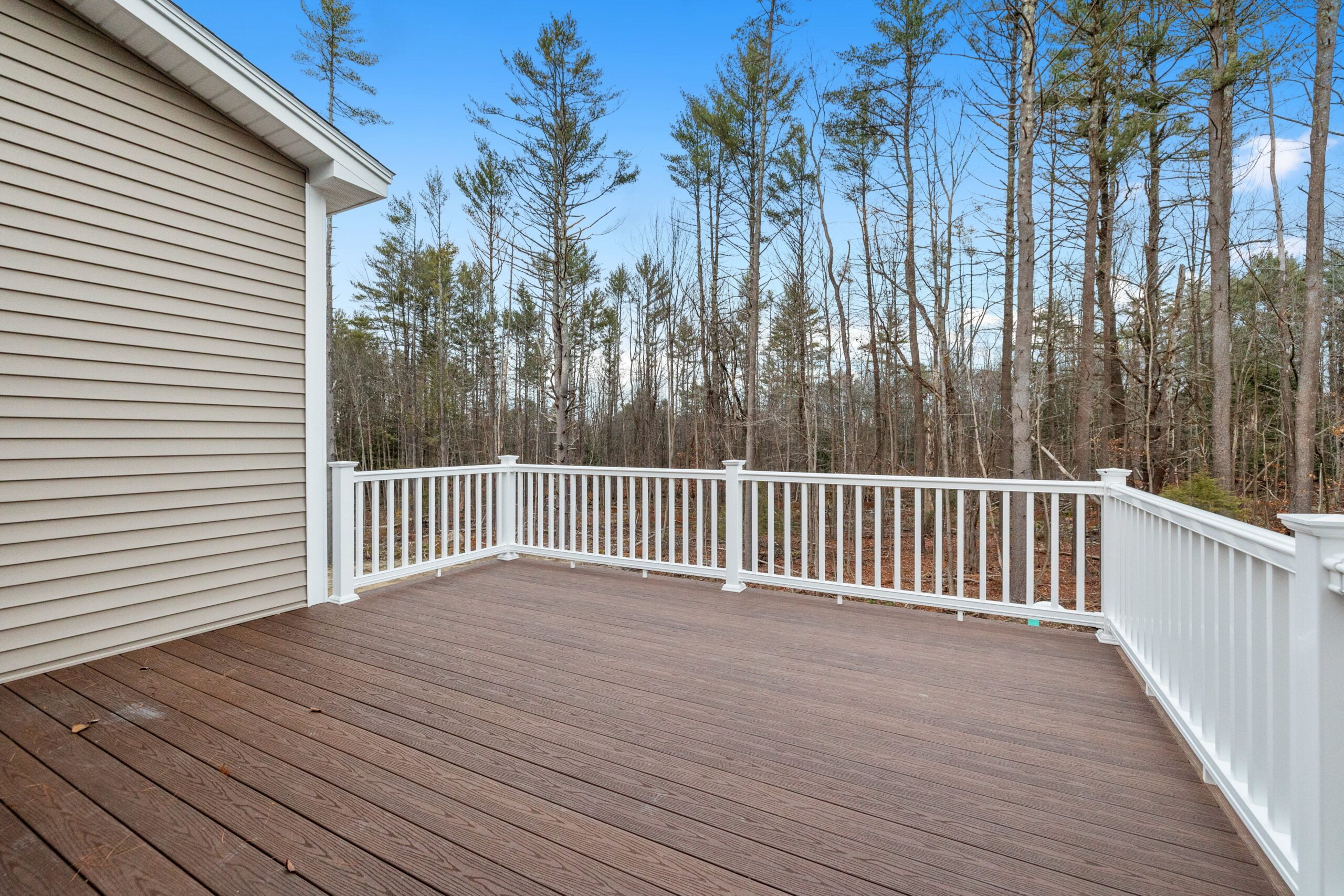Every homeowner dreads the day they encounter a home emergency. From sudden power outages to unexpected plumbing disasters, such situations can cause panic, especially when we’re unprepared. Understanding the most common home emergencies and how to handle them can give you peace of mind, ensure the safety of your family, and help avoid costly damage to your home. In this article, we will cover a few top home emergencies and offer actionable steps on how to handle them.
1. Clogged Toilet
It’s a situation many have faced: a clogged toilet. Austin homeowners and people worldwide often deal with this common inconvenience. A clogged toilet Austin scenario can cause water overflow, damage your flooring, and even lead to bigger plumbing issues if not addressed promptly.
How to Handle It:
- Stop the Flow: Start by shutting off the water to the toilet. You’ll typically find a water valve near the bottom side of the toilet, usually on the left. Turn it clockwise to shut it off.
- Use a Plunger: Place the plunger over the hole and push it down gently to create a seal. Then, push down and pull up vigorously several times to dislodge the clog.
- Try a Toilet Auger: If a plunger doesn’t work, you can use a toilet auger. Insert the end of the auger into the bowl and turn the handle. This should help break up the obstruction.
- Call a Plumber: If the above steps don’t work, it’s time to call in a professional plumber. There could be more serious issues that require expert attention.
2. Power Outage

Power outages can be due to various reasons, from a blown fuse to severe weather conditions. While some outages last a few minutes, others can go on for hours or even days.
How to Handle It:
- Check the Source: First, check whether it’s just your home that’s affected or if it’s a widespread outage. If it’s only your home, it might be due to a blown fuse or a tripped circuit breaker.
- Stay Calm and Use Flashlights: Avoid using candles as they can be a fire hazard. Instead, use flashlights or battery-operated lanterns.
- Unplug Appliances: To prevent damage from a possible power surge when the electricity is restored, unplug all electronic devices.
- Keep the Fridge Closed: Open the refrigerator and freezer as little as possible to keep the cold air in and prevent food from spoiling.
- Stay Updated: If the outage is widespread, tune into a local radio station or check the utility company’s website or social media pages for updates.
3. Water Leaks
Water leaks can range from a dripping faucet to a burst pipe. They can cause structural damage and promote mold growth, which can be detrimental to your health.
How to Handle It:
- Shut Off the Main Water Valve: In case of a significant leak, turn off the main water valve to prevent more water from flooding your home.
- Contain the Leak: Use towels, buckets, or any other containers to catch the leaking water and prevent further damage.
- Identify the Source: If it’s a visible leak, like from a faucet, you might be able to fix it yourself. But if it’s hidden, like behind a wall, it’s best to call a professional.
- Repair or Call a Plumber: For minor leaks, you might be able to tighten connections or replace a washer. For more significant issues or if you’re unsure, call a plumber.
4. Gas Leak
Gas leaks can be extremely dangerous and need immediate attention.
How to Handle It:
- Evacuate the Home: If you smell gas (often described as a rotten egg smell), immediately leave your home. Do not switch on lights or use any electronic device as this can ignite the gas.
- Call the Gas Company: Once you’re safely outside, call your gas company’s emergency line. They’ll guide you on the next steps.
- Ventilate the Home: If possible and safe to do so, open windows and doors to allow the gas to dissipate.
- Avoid Ignition Sources: Until the situation is resolved, do not light matches, use electrical appliances, or do anything that could ignite the gas.
5. Chimney Fires
A chimney fire may not always be evident with roaring flames emerging from the top. Sometimes they can be slow-burning and not even visible, but they’re equally dangerous.
How to Handle It:
- Call Emergency Services: If you suspect a chimney fire, evacuate everyone from the house and call the fire department.
- Avoid Using Water: Pouring water can cause steam and potentially damage the chimney. Instead, use a Class A fire extinguisher.
- Regular Maintenance: Prevent chimney fires by having them cleaned and inspected annually by professionals.
- Burn Only Dry, Seasoned Wood: This produces less creosote buildup, reducing the risk of a chimney fire.
6. Broken Windows
Whether due to natural disasters, accidents, or break-ins, a broken window compromises your home’s security and insulation.
How to Handle It:
- Safety First: Wear thick gloves and safety goggles to clean up broken glass. Ensure kids and pets are kept away from the area.
- Temporary Patch: If you can’t get the window repaired immediately, use a sturdy plastic sheet or plywood to cover the gap temporarily.
- Assess the Damage: Sometimes, only the pane might need replacing. In other cases, the entire window might need an overhaul.
- Contact Professionals: For a secure and weatherproof installation, it’s advisable to call in experts to fix or replace the broken window.
7. Locked Out of Home
It can happen to anyone: you step outside for a moment, the door closes behind you, and you realize you’ve left the keys inside.
How to Handle It:
- Check Other Entrances: Before panicking, check all other doors or accessible windows.
- Call Someone: If someone else in your household has a key, give them a call.
- Locksmith: As a last resort, call a locksmith. Ensure they’re licensed and have good reviews.
- Keyless Entry: Consider installing keyless entry systems or smart locks to prevent future lockouts.
8. Rodent or Pest Infestation

Discovering pests or rodents in your home can be unsettling, and pests can pose health risks.
How to Handle It:
- Identify the Pest: Knowing what you’re dealing with can help you choose the right eradication method.
- Seal Entry Points: Mice can squeeze through dime-sized openings, and insects need even less space. Seal gaps around windows, doors, and foundations.
- Natural Deterrents: Many pests dislike certain natural substances. For example, peppermint oil can deter mice.
- Seek Professional Help: If you have a significant infestation, it’s best to call pest control professionals.
9. Broken Heating or Cooling System
Having your heating or cooling system break down, especially during extreme weather, can be more than just uncomfortable.
How to Handle It:
- Check the Basics: Ensure the unit is turned on, the thermostat settings are correct, and no circuit breakers have tripped.
- Change Filters: A dirty filter can hinder performance. Replace or clean filters regularly.
- Check Vents and Ducts: Ensure they’re not obstructed, which can restrict airflow.
- Professional Assessment: If basic troubleshooting doesn’t work, it’s time to call in a technician.
Safeguarding Your Home
Emergencies can strike when least expected, but with the right knowledge and a calm approach, they can be managed effectively. The key is to act quickly, prioritize safety, and when in doubt, seek professional help. Regular maintenance and periodic inspections of your home systems can also help in preventing many of these emergencies. Remember, being proactive can save you not just money and time, but also ensure the wellbeing of your loved ones.








